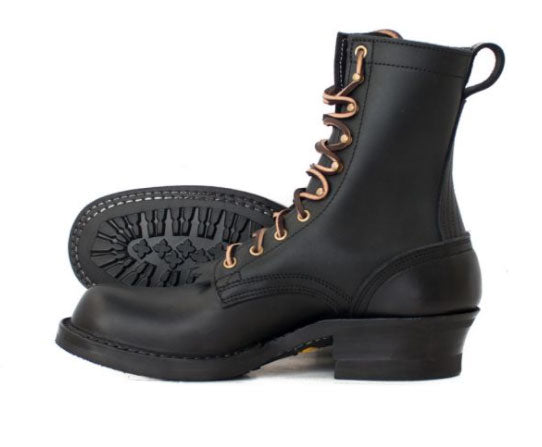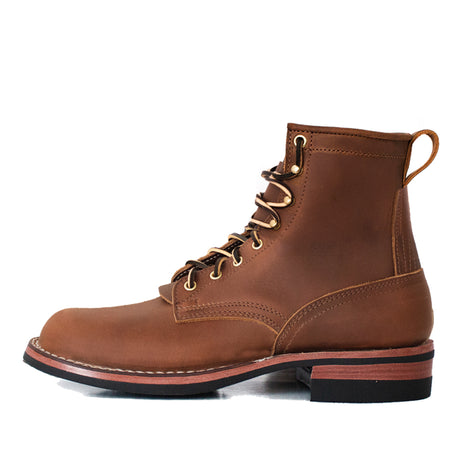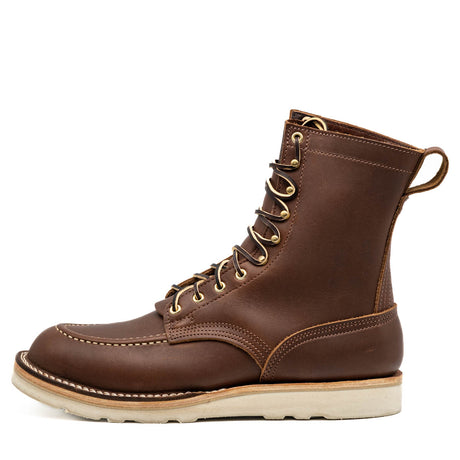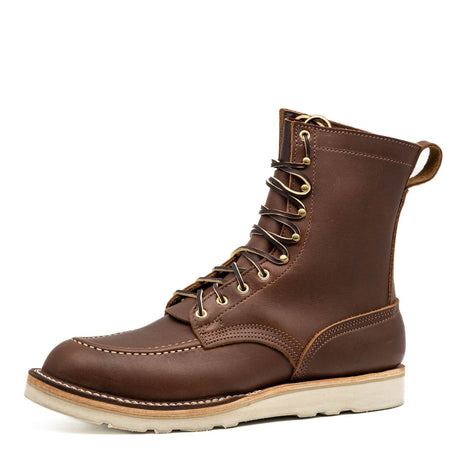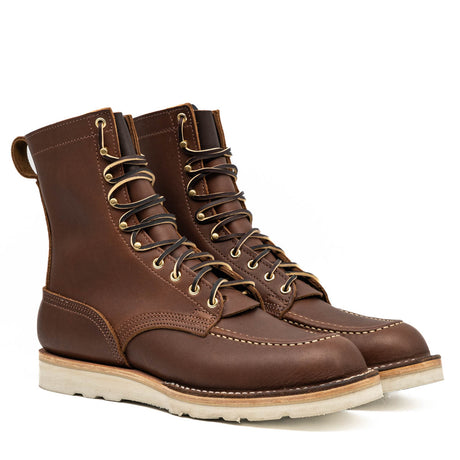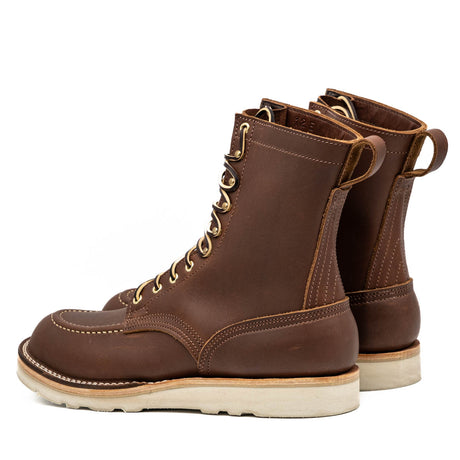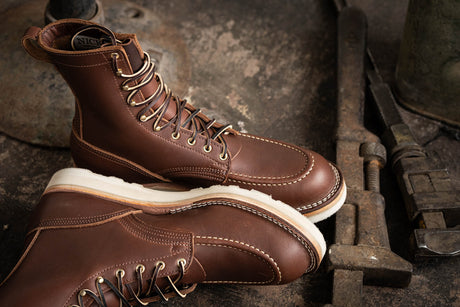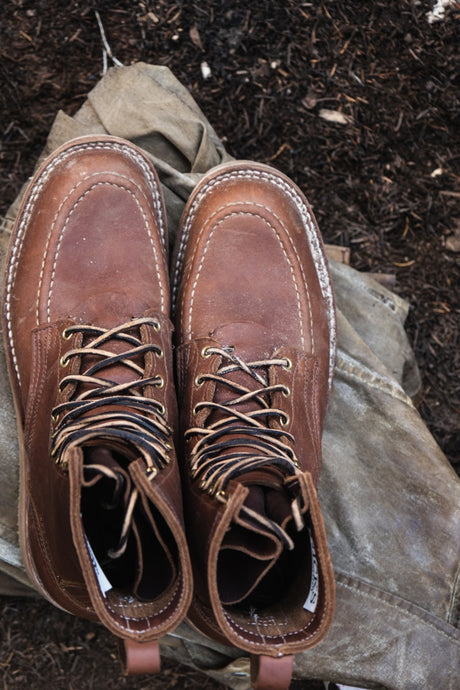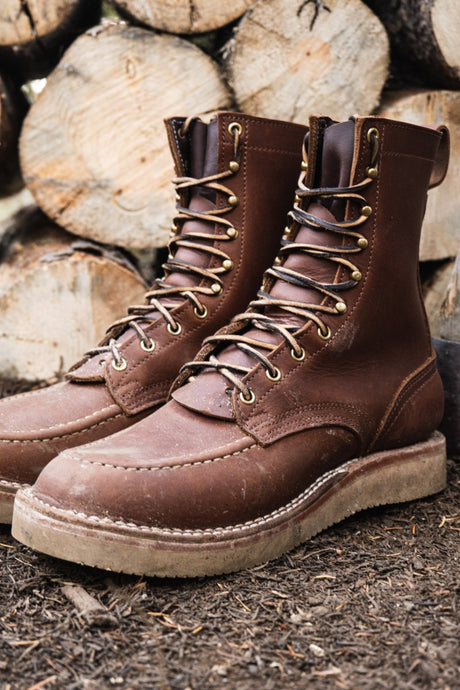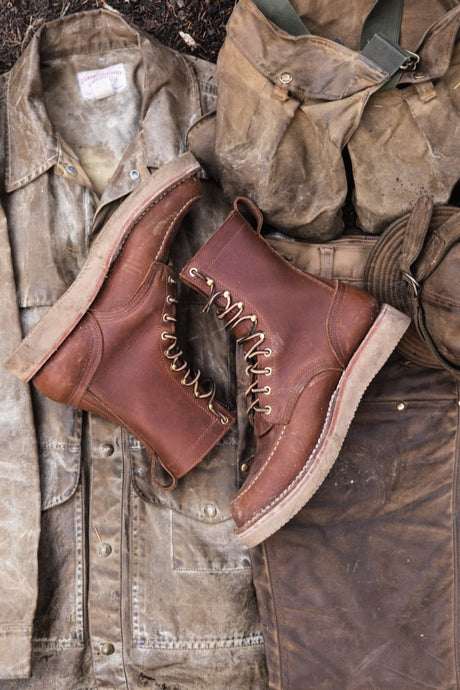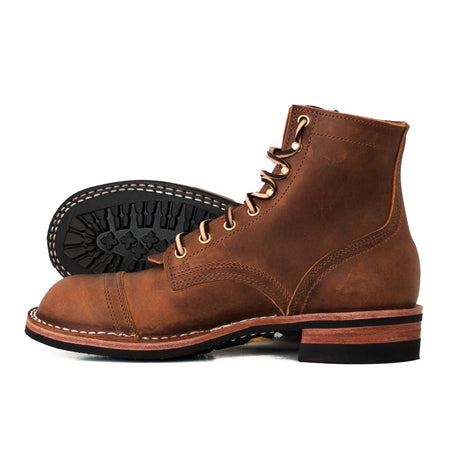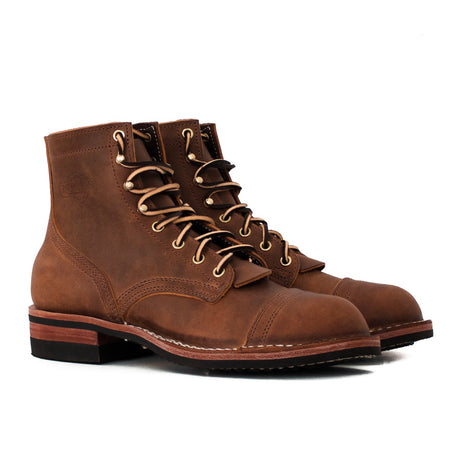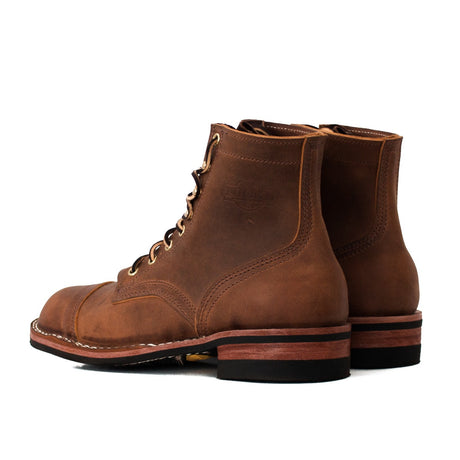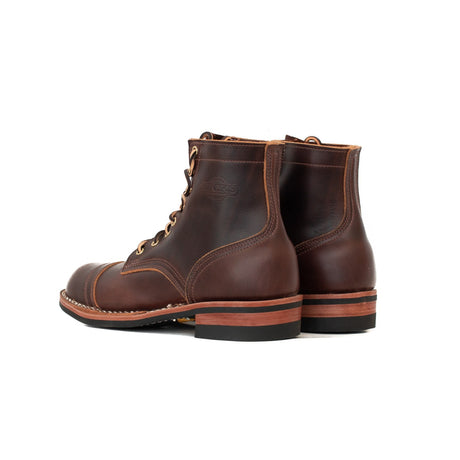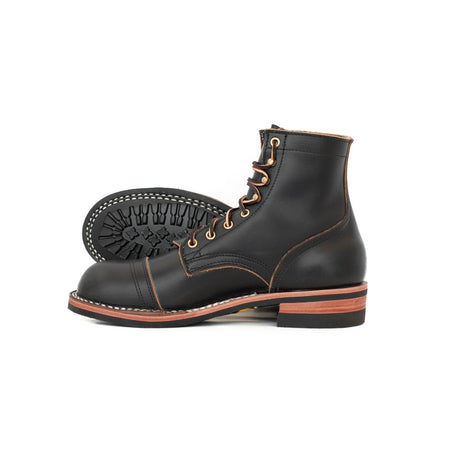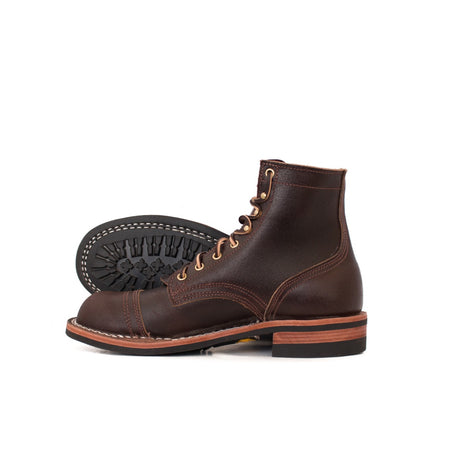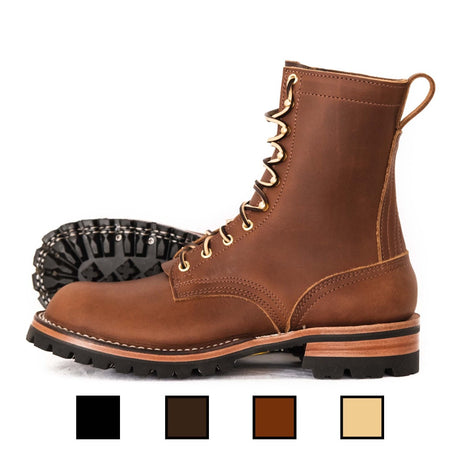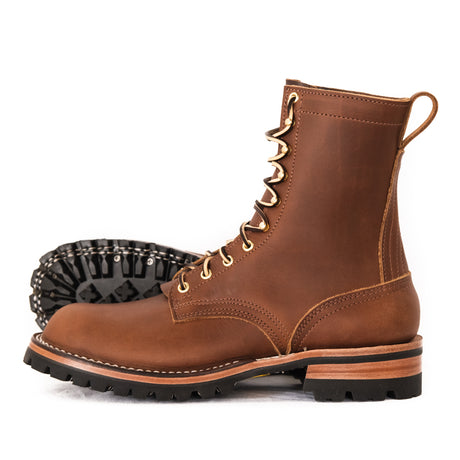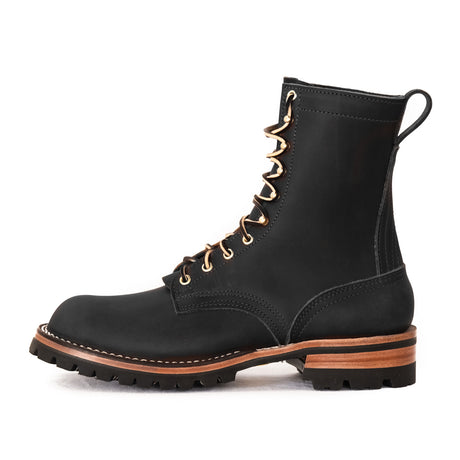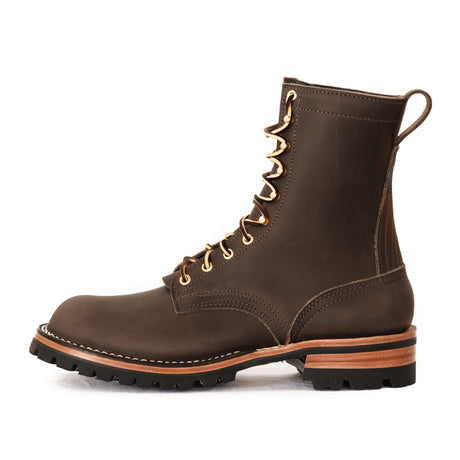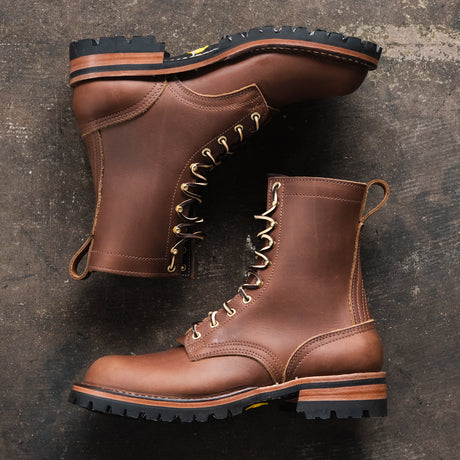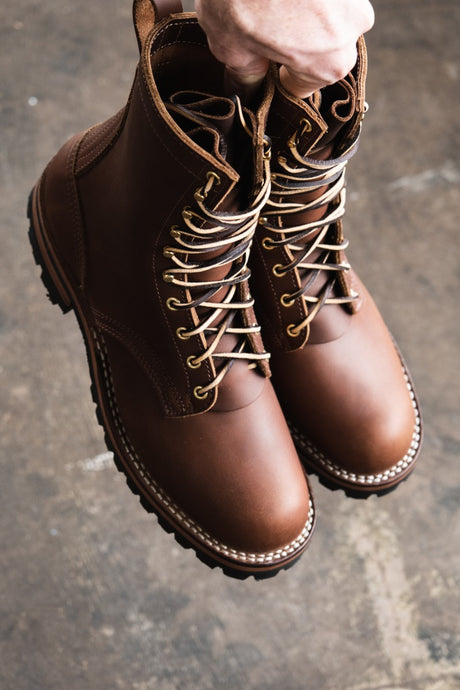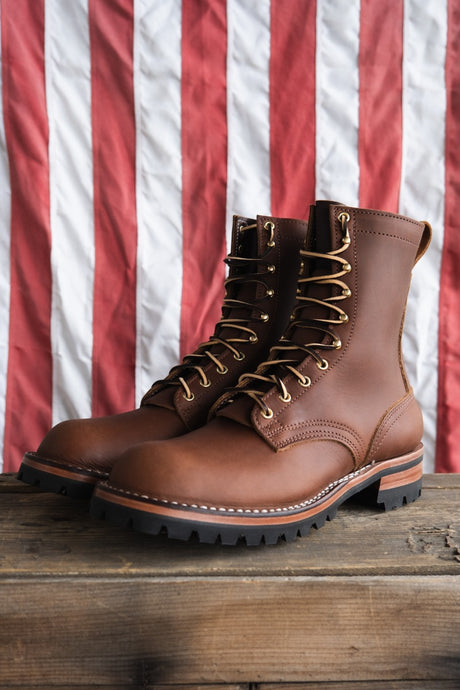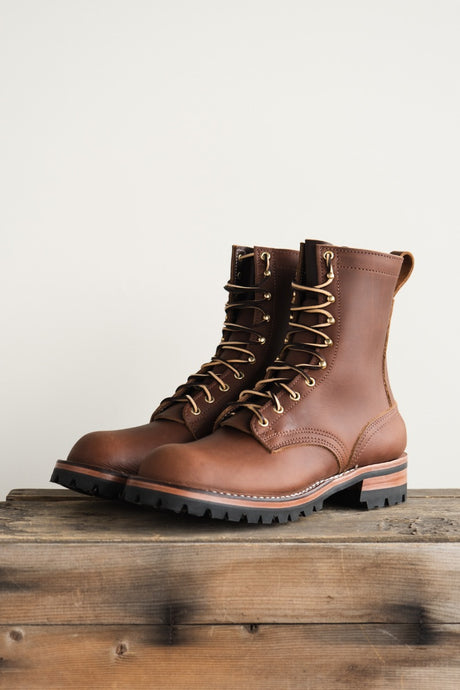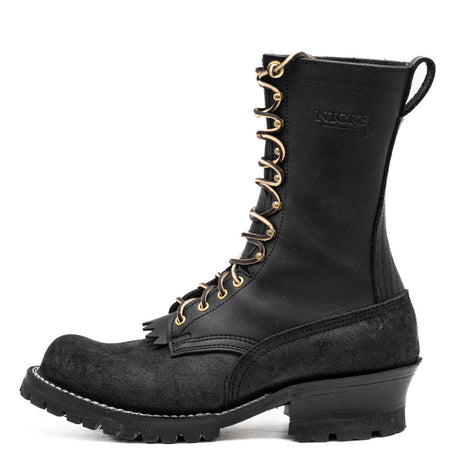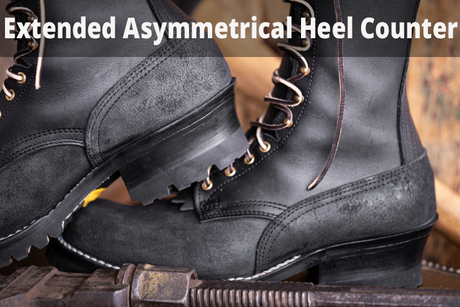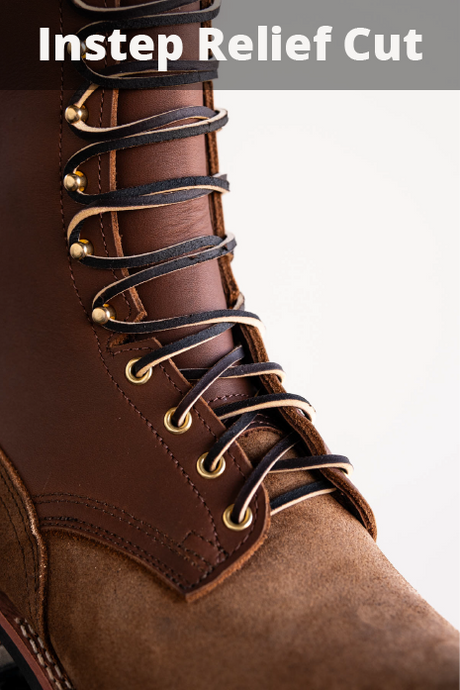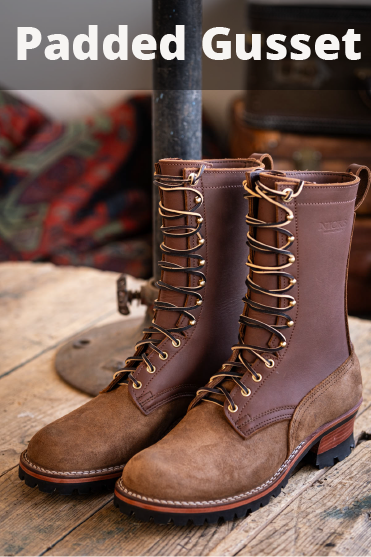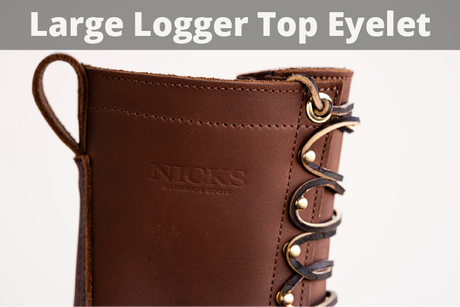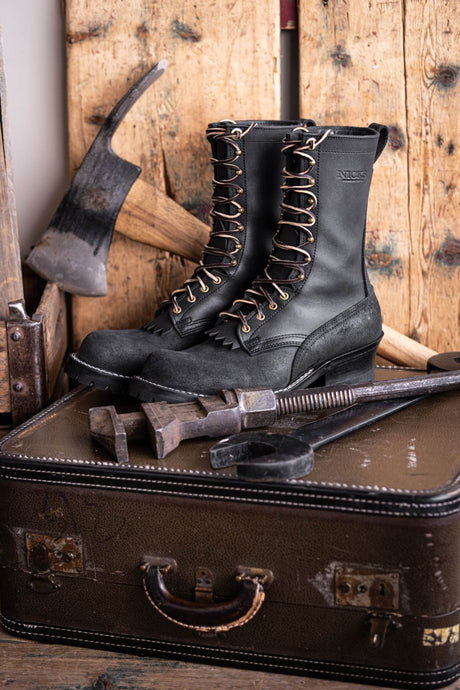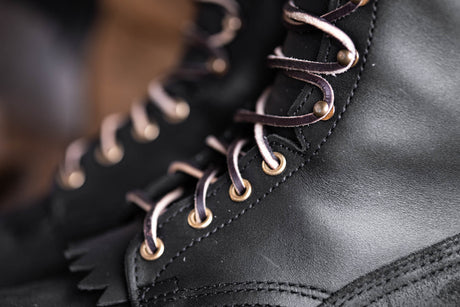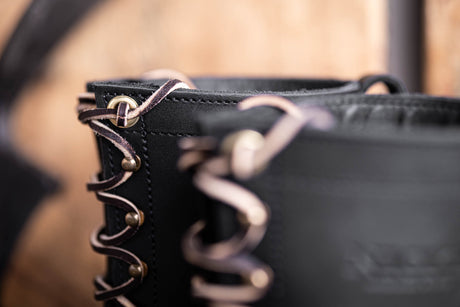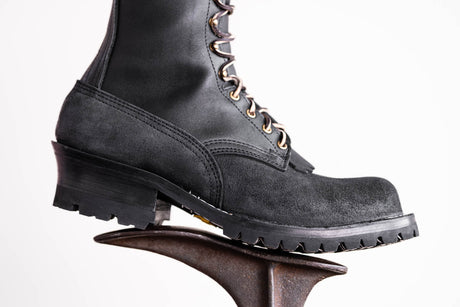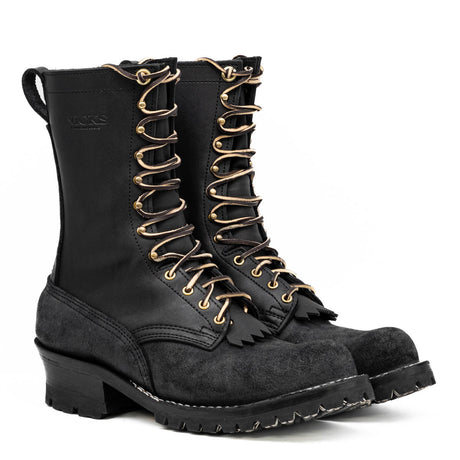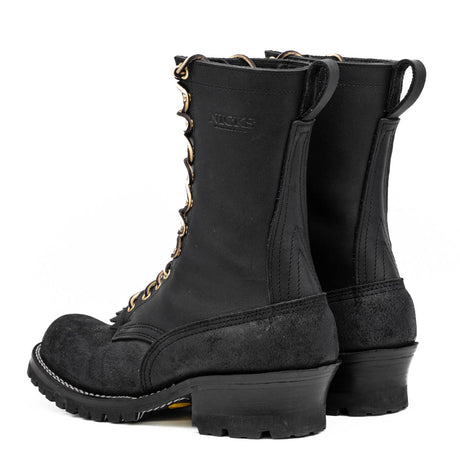Knee pain is a part of life for everyone at some point, but you don't want to create more if you can help it...so where do your leather work boots come into the equation? Are there a certain model, style, or features you want to look for to avoid knee pain?
There are. Bear in mind that this isn't medical advice, and that you should see a medical professional (ie a doctor) if you have chronic knee pain.
The human body is a magnificent system, with a number of parts that move in concert.
However, like any mechanical system, proper function is a balancing act; if something moves the wrong way or does something wrong, it can alter the whole and that's where knee and other problems come from.
If you buy a pair of leather work boots that are made correctly, it can reduce knee pain if you've been wearing improper footwear. So let's talk about what you want to look for in work boots to reduce wear and tear on your knees.
What About Boots Puts Wear And Tear On Knees
Footwear of any kind - let alone work boots - can accelerate wear and tear on the knees in a number of ways.
First is by impact.
When force is transmitted up through the feet, the human body acts as a spring to a degree, distributing the force of the impact through the muscles and skeleton. Compressing and decompressing a spring, any type of spring, puts some wear on it including the knees.
So, if you're walking on concrete, jumping up or down short distances, hitting shovels with your feet, that's transmitting force into the body.
Second is by twisting and bending in ways that the knee isn't supposed to.
The ten dollar word for that is "torsion;" it's when something twists and bends beyond what it's normal operating range is supposed to be.
How boots and shoes can make that happen is less when you roll your ankle and more about how your boots or shoes fit.
When they don't fit correctly, it causes other parts of the body - the ankles, the knees, the hips - to compensate for the foot not doing what it's supposed to in motion. This is especially important when walking on uneven ground, such as going up or downhill.
So, what are some things you want to look for to make sure a pair of boots aren't bad for your knees? The easiest option would be to get made to order work boots, though if that option isn't on the table here are a few things to ensure you get.
Adequate Protection In The Sole And The Heel
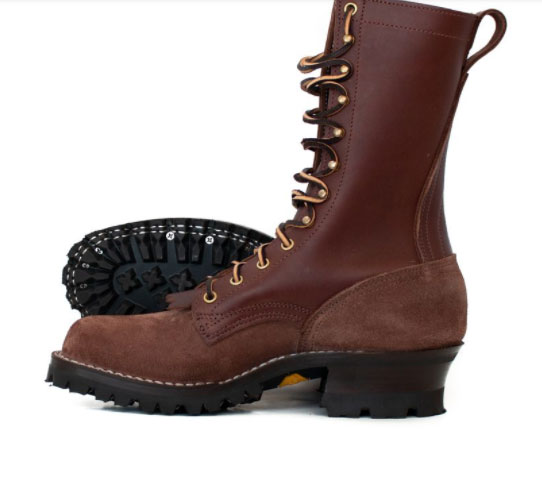
What you're looking for is adequate protection in the heel and the sole. A thicker heel doesn't do it alone; just having a tall heel doesn't provide all the impact protection you need.
Pounding hard pavement, hitting shovels, going up and down ladders, going up and down hills, carrying heavy loads, and so on directs a lot more force into the feet and up the chain of the musculoskeletal structure.
What the heel and soles of boots do (if they're made correctly) is attenuate that force by absorbing some of that impact. For that, you need an outsole of the right material, such as rubber or a rubber-like compound, and an outsole and heel that's thick enough to take it.
A tall heel and a thin sole are not going to do the trick. Cowboy boots look cool, but they're actually not the best for keeping your feet and knees in good shape. If your feet take heavy use, get a serious work boot heavy sole with a solid heel.
Arch Support Is Critical
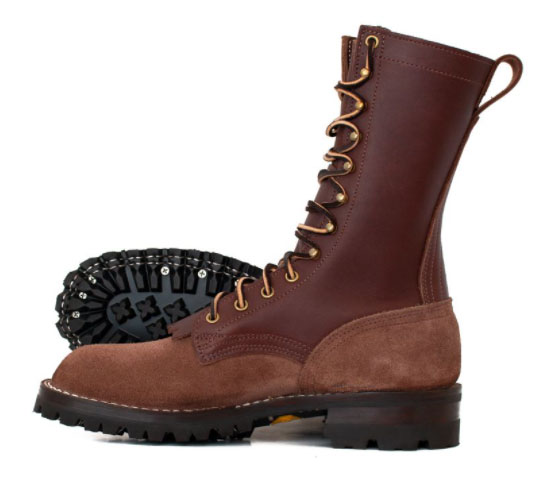
One area where a lot of leather work boots on the market are deficient it's arch support. A lot of them just don't offer the reinforcement in the arch that a lot of people need.
Granted, that depends on you to a degree. Some people need more or need less, depending on the exact shape of their feet. That's why it's important to get fit for your boots, rather than hoping your boots fit.
When the arch isn't supported, the foot flexes in ways it's not normally supposed to. To compensate, the tendons and ligaments of the knees, hips and lower back try to compensate for it, leading to additional strain and stress.
So, look for boots that have sufficient arch support for you.
Get The Right Fit
Another area where your leather work boots will be better for your knees is that your boots actually fit you correctly.
How many times have you bought a larger size because your normal size is too narrow? And then noticed your feet slosh around in the shoes while you're wearing them?
Some people, for example, are used to buying their Adidas in size 13, but when they actually get their feet measured, are shocked to learn their feet are 11.5 EE.
That's fine for carpet slippers. It's absolutely wrong for practical footwear.
Your feet need to be held in place enough to keep them from moving around inside your boots, but need just enough room to flex as they normally do. That's what work boots are supposed to do; give your feet support and protection but still let feet be feet.
When a pair of work boots or hiking boots or what have you deviate from that, problems arise. That's how your wind up with the additional stress and strain on the knees, hips and ankles.
Have you ever gotten your feet actually sized? Not everyone has; shoe stores stopped keeping Brannock devices over the years, and a lot fewer people know what their shoe size actually is.
Having boots that actually fit you ensure the rest of your anatomy isn't having to compensate for what your feet are doing. They'll actually be more comfortable in the bargain.
See A Doctor For Continuing Knee Pain, But Also Get Boots That Don't Make Things Worse
Again, this isn't medical advice, but it's also that the link between knee pain and inadequate fit and protection in footwear is not new. Foot, ankle and lower leg and knee injuries due to poorly-fitting footwear isn't a novel idea.
If you have chronic knee pain, you should see your doctor and get actual medical advice.
You may have any number of conditions that happens to be causing it. It may, in fact, have nothing to do at all with the boots or shoes that you wear.
Or it might. A lot of people have bought cheap work boots and dealt with it until they had to have something better, then invested in a pair of custom work boots that fit properly and were actually comfortable.
But starting with a pair of leather work boots that actually fits your feet, and gives you the arch support and shock absorption you actually need on the job will always be a prudent investment.



